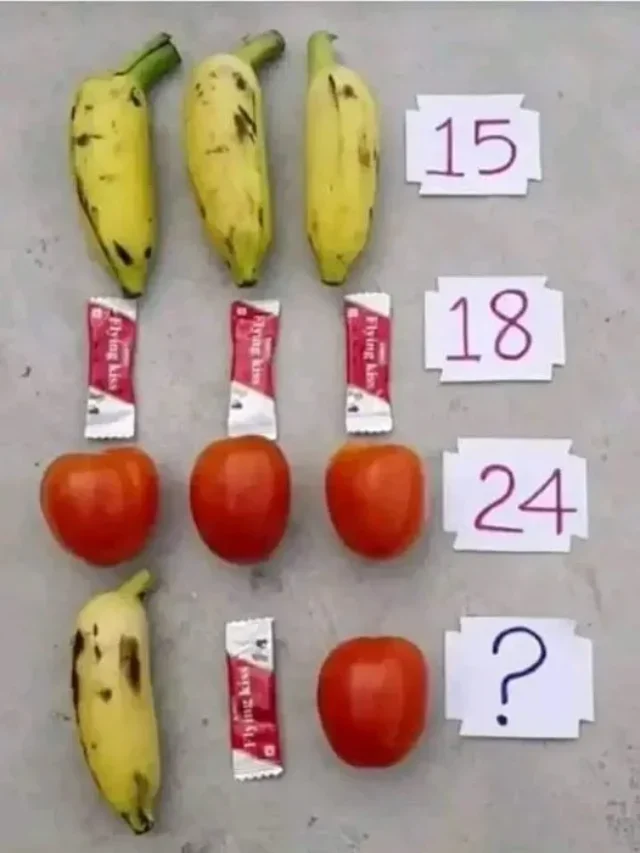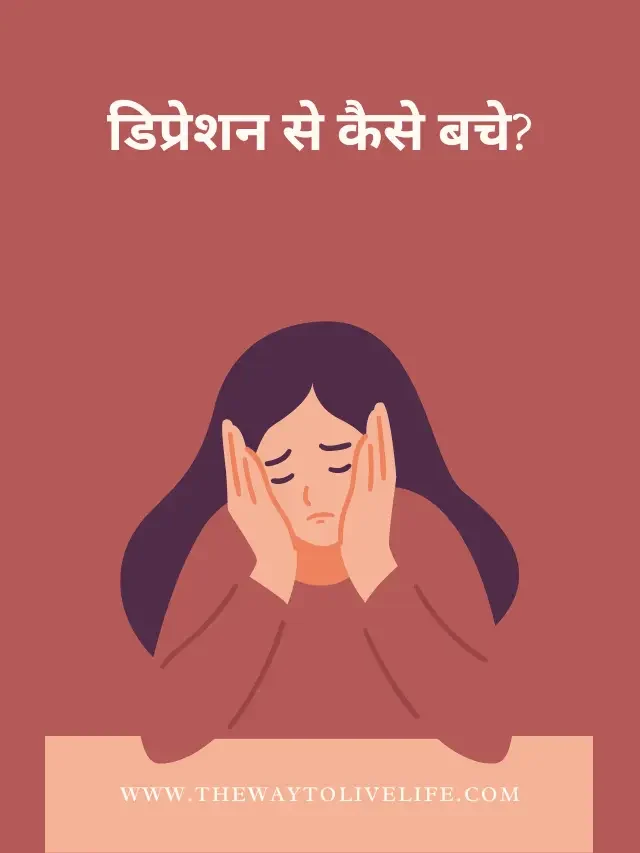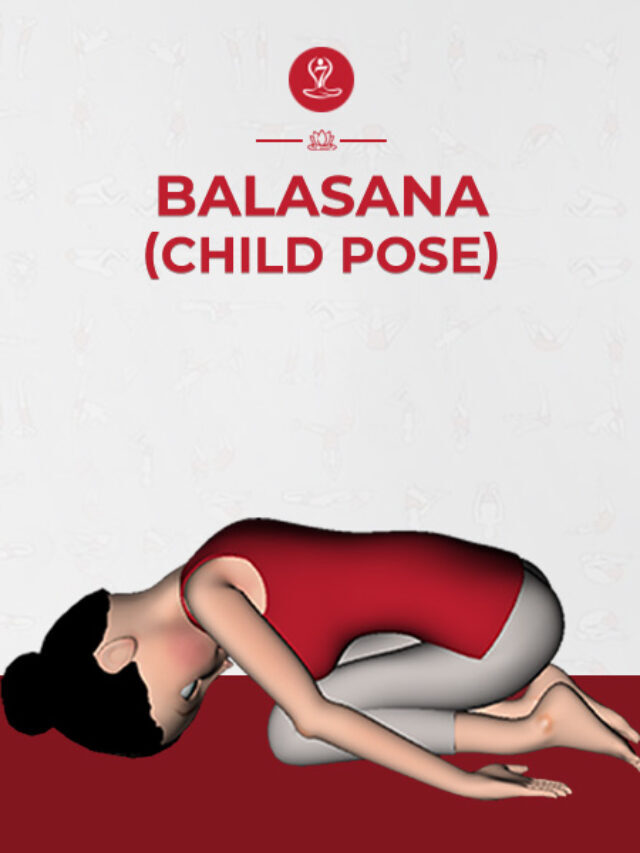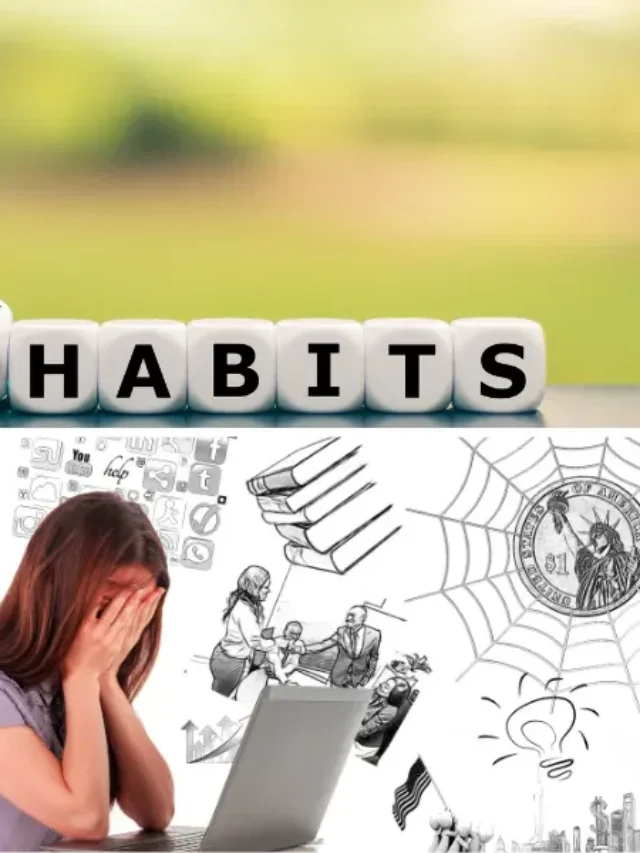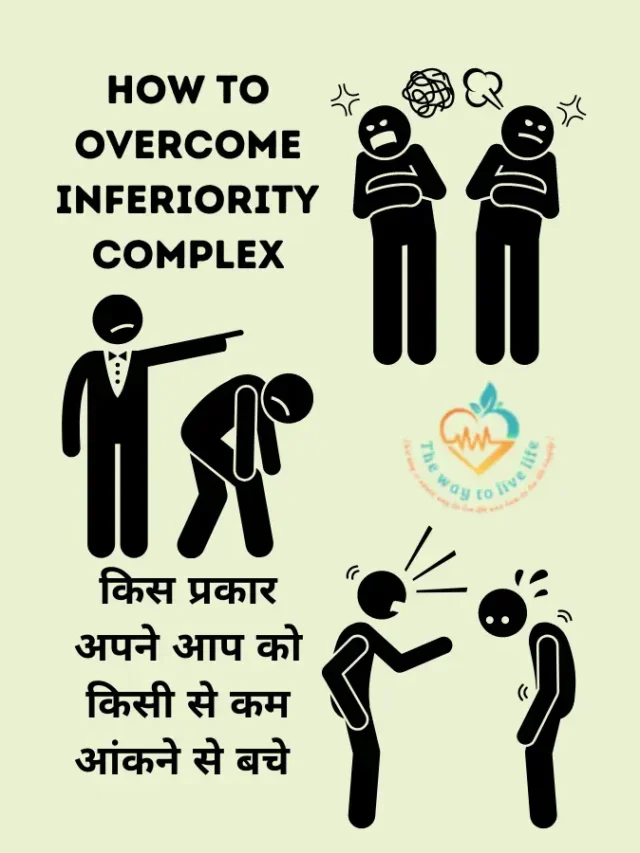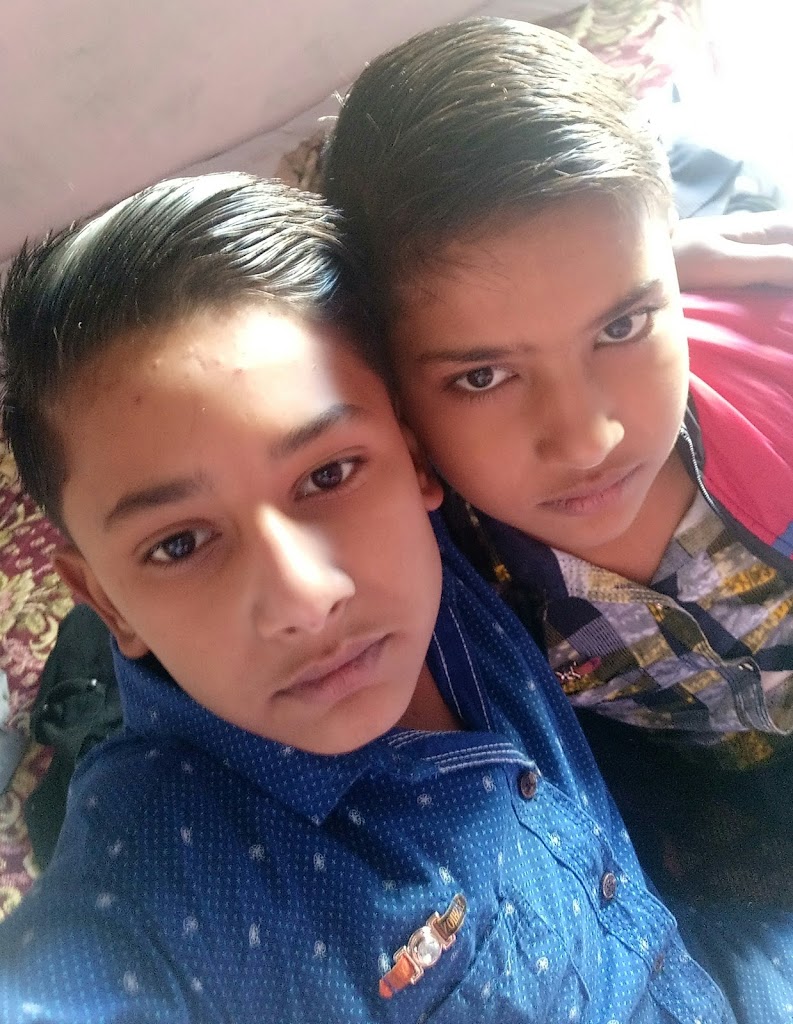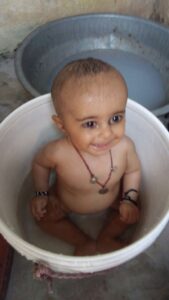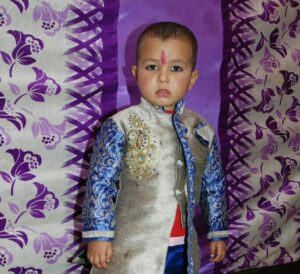Kids can be trained to stay stable in any situation. For example:
a) When kids do mistakes like breaking something or tearing books, first we need to give them a feeling like, it’s ok. Nothing so big/ horrible has happened. Then, slowly explain what and how it happened. Next its effects and finally what should be done to correct themselves. While advising, the mistake/action should be emphasized and not the kid. The talk about the mistake should be completed and stopped. This will help them a long way to face life as it comes, in an easy manner.
b) When kids don’t listen to us and keep doing mischief, we need to stay calm within and tell them assertively that their doing is wrong. We can explain the bad effects of their actions and make them understand. If this act repeats, it is completely fine for us to repeat the same advice again and again. But if we shout or behave violently, they may obey us immediately but they will also learn to behave the same way when situations are unexpected for them.
c) Kids generally have the habit of complaining about others to parents/teachers. Say there are 2 kids A and B. A is submissive in nature and B is bold. Say, A has not done a mistake but B has blamed A for it and A has been punished too. As a parent, when A narrates the incident to us, we need to motivate A to be bold and speak out firmly. Instead if we keep highlighting that A is always quiet, she’ll become a dummy piece and so on, we are actually creating a wrong image about the child. She will accept it, start creating such an image within and will be de-motivated, will start self criticizing. We should emphasize that the incident has happened and its over. So let it go, its ok. Don’t carry any negative feeling about B. This feeling of letting go the past and being stable within will help them a long way in maintaining relationships. Just like the way we water plants daily, we need to keep appreciating kids repeatedly. By doing so, their inner strength (self confidence) will grow and pave way for further improvements in life.
Kids can be trained to be happy and loving always. Happiness is in the way they think, they help, share, play with each other and so on. Happiness is not only in their marks. Marks and certificates will help only to a certain extent in life. When kids learn to stay happy in small things in life, as they grow, they will enjoy life. Happiness is in all what they do like, studying, playing, eating, praying as it is all for their own good and not for the happiness of parents.
always. It is child’s nature to want for other’s things and fight, if one’s handwriting or dress or things are spoken ill of, they tend to talk bad about that person and so on. Kids must always be reminded to not to be judgmental about others, instead be good and polite. This can easily be achieved if we appreciate their good qualities. There are a lot of reasons, for kids to fight among themselves, but the small negative thoughts that they carry in this age becomes a habit when they grow up.
For example:
a) There are 2 kids A and B. If A tells B, “you are so silly, you ask silly questions, don’t you know even this?” General reply from B is “you are also silly, you don’t have brains, shut up…..” But if we make kids understand, when others are wrong, at least you stay good. Instead of repelling at A, B can be taught to say “If I am silly, you please teach me…” or if that cannot be said at least ignore the situation without creating any bad thoughts. If kids are left as such, as they grow, this quality of criticizing others will increase, which is bad for them.
Note: The best way to make people realize their mistakes is by staying positive, and responding with a smile. It may sound impractical/ impossible, but when practiced, it is extremely powerful.
Kids can be taught to feel responsible, never blame others. We can let them take small decisions in life. When they do so, their ability to think and analyze about the situation and consequences will grow. They will stop blaming others for their mistakes.
For example:
It is very common for kids to lose their pen, pencils, notebooks, etc. But each time, we get them a new one. We need to train them to keep their things safely (feel responsible) and not blame other friends for it.
When there is a fancy dress competition in school or any other competition, we can allow kids to choose their character, so that they will do their best. If we choose one for them, thinking it’s the best for the kid, it may not always be apt. We can surely give them various options, but when we let them decide, they will be more responsible and clear on what they are doing.
Kids can also be trained to be independent in small activities like keeping their shoes, lunch box, bag in their respective places.
Kids must feel free to share anything and everything with parents. This is possible only if we parents love and accept them in all situations and at all times.
For example:
a) Every kid from the age of 4 years, tells all about his/her school activities to parents. It may sound silly like, “I pulled my friend’s hair today”, “I scribbled in her note” and so on. We initially smile and just give a small piece of advice affectionately and ignore it. As the kid grows big, she/he tells similar stories with innocence but now we say “you are wrong” and at times punish her/him. As this gets repeated, the child starts receiving rejections and slowly learns the art of hiding mistakes/ lying to parents. Are we right? What was our intention? What is the result?
This is the main reason why kids these days (aged 13-20years) prefer to share their problems with counselors or other parents. They avoid their own parents as they know that they would be rejected. Is this not pathetic?
b) If a child tells that she/he has hurt (physically, by hitting/pushing) someone in school or has stolen something or whatever be the mistake, we should first accept it, meaning, every child is actually good, pure and innocent. His/her actions may be wrong, so try to correct the behavior. Never criticize the individual like, “You are always wrong, you keep growing but don’t understand anything, you are rude/ careless,…” If she/he comes up with a problem, then the child is in guilt, pain and fear.Understand this first. So we need to make her/him feel comfortable (as the child by now, knows that she/he is wrong) and then ask with great affection as to how and why it happened. Then advise the child accordingly in an affectionate and assertive manner. It should be solution focused only.
c) One of the common problems children face today is “Child abuse”. When a child tells his/her parent that he/she is uncomfortable with someone or does not wants to go to someone’s house, we need to take it seriously. When a child says openly that something awkward has happened to him/her, we need to remain stable and completely trust him. Most of the time, kids are abused by someone who is very well known to the family (friends, relatives, neighbors, teachers). We need to understand that the child is in some shock and is scared internally. So, we can solve this problem by:
1. We, parents need to remain totally stable, in order to guide our child.
2. Completely trust the child, irrespective of whatever may be our relation with the abuser. Never reject the child by doubting him/her.
3. Make the child feel he/she is absolutely pure as before, he/she was not wrong, it was not his/her mistake. Empower him/her and uplift his/her self confidence.
4. Speak to the child in a very loving and affectionate manner about the ways to face the abuser and other people in future.
5. Do not threaten the child but just create awareness for his/her own safety.
6. Since this is child abuse, we need to speak about this openly within family to the abuser. The child needs to listen to our conversations. It will further build the child’s self esteem and increase the faith in parents. Moreover, this will surely prevent the abuser from repeating such acts with anybody else in the family.
7. Try to forgive and forget about the incident, never even think or talk about it. We need to be more careful without causing any emotional pain on us and the child.
d) If a child of 13-20 years has a problem of addiction/relationship/has cheated someone/into bad habits/failed in exams and when he/she admits to his parents, all we need to do is to listen to him/her patiently and accept him first. The child is in guilt, fear and no self-confidence. Our responsibility is to uplift him/her. So, be understanding and compassionate. All, a child needs is love, acceptance, support and solution. This can be done only if we remain stable and detached. Parent-child is the most wonderful relationship in the world, so never spoil it. We parents should never be judgmental like, “how can you do this? Is this what we have taught you? You have lost in life, we don’t trust you,…” Instead we should empathize him/her like, “I understand you my child, don’t worry, you are not alone, we are always there for you, we can easily get over this problem, you will come out in flying colors, we can sort it out, it is not a big deal….”. Discuss with him/her in a very loving way as to why it happened and try to understand his pain.
Imagine a child has hurt his legs and comes home. Our first reaction would be to make him feel easy and medicate him. It is later that we enquire on how it happened. If we can do this on a physical hurt, we can easily apply the same logic to an emotional hurt too.
If we need a positive change in our child, then we need to be filled with pure, loving and positive thoughts.
Never blame or create any bad thoughts regarding the child in the process. Never abuse the child or make her/him feel guilty. Never try to control them. The more we try to control, the farther he/she will go. If the child is punished and criticized, she/he will find other people (friends) who accept him. This can be dangerous if she/he is misled in life.Punishment/criticism results in guilt and not realization.
Note: If a child needs to be corrected, then parents should lovingly accept the child first and make her/him feel comfortable. Only then, the child will be ready to listen to parents and may accept them.
“Love children the most, when they least deserve it”- means, higher is their mistake, love them more, as it is the only and only way to heal and correct them.”
Kids need to learn the attitude of gratitude and humility towards all. Every night before sleep, they can be trained to say thank you to the Lord for each and everything, like the clothes, books, all that made them comfortable (school van, teachers, friends, etc). When we do so, we will realize that the thank you list never ends, hence we also realize that we are very blessed and fortunate.
 Hope this blog has been informative and has added values to your life. We, parents/ teachers have crossed all the stages of life from a baby till a parent (present). So, we know what it is to be a child. We have achieved many difficult goals in life after strenuous effort, hard work and a lot of sacrifices. Some of us are doctors, engineers, CAs, teachers, counselors, scientists, directors, etc with master’s and doctorate degrees. When we have accomplished so much, practicing these values are so simple. There is nothing in this world, which we cannot do, for the best of our children.
Hope this blog has been informative and has added values to your life. We, parents/ teachers have crossed all the stages of life from a baby till a parent (present). So, we know what it is to be a child. We have achieved many difficult goals in life after strenuous effort, hard work and a lot of sacrifices. Some of us are doctors, engineers, CAs, teachers, counselors, scientists, directors, etc with master’s and doctorate degrees. When we have accomplished so much, practicing these values are so simple. There is nothing in this world, which we cannot do, for the best of our children. So, ready for a little change in attitude?? These teachings when practiced regularly will make parenting an easy and enjoyable journey of life.
HAPPY PARENTING!!!
**************************************
Thank you.
**************************************


